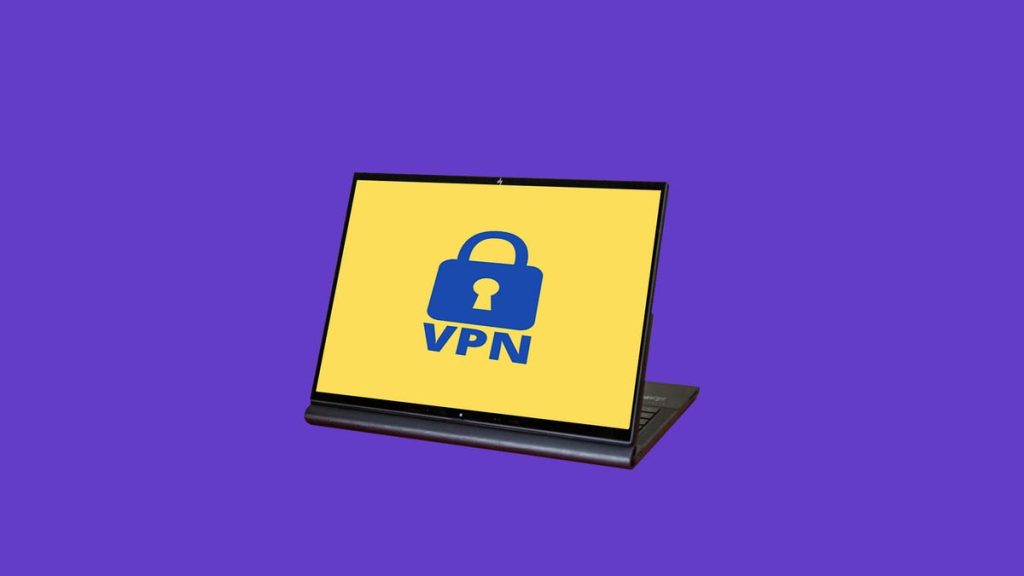A virtual private network (VPN) encrypts your web traffic to hide your IP address from your internet service provider and internet-connected apps or websites. This way, your traffic appears to originate from a different state or country. VPN protocols dictate how your device communicates with the VPN server and offer various benefits in terms of speed and security. Different protocols use different encryption methods, such as AES-256 or ChaCha20, and network protocols, like UDP or TCP.
WireGuard is a newer VPN protocol that offers fast speeds without compromising on security. It is open-source and uses ChaCha20 encryption for efficiency. While WireGuard is great for fast internet speeds, it may be harder to hide that you’re using a VPN compared to other protocols. OpenVPN, on the other hand, is highly secure and reliable but may be slower than WireGuard. It is ideal for individuals with serious privacy concerns, such as political activists or investigative journalists.
IKEv2/IPSec is a VPN protocol that works well for mobile devices, particularly iOS and MacOS devices, allowing for seamless VPN connections when switching between Wi-Fi and cellular networks. While IKEv2/IPSec is fast, reliable, and secure, WireGuard and OpenVPN are considered to offer better security. The best VPN protocol for the average person seeking privacy and fast internet connection would be WireGuard or an equivalent protocol like NordVPN’s NordLynx or ExpressVPN’s LightWay. Those with serious privacy concerns or in need of obfuscated servers should opt for OpenVPN.
In conclusion, the choice of VPN protocol depends on individual needs and preferences. WireGuard is best for fast internet speeds, while OpenVPN offers top-notch security and privacy features. IKEv2/IPSec is suitable for iOS, iPadOS, and MacOS devices that require seamless VPN connections when switching networks. It is essential to consider factors such as speed, security, and device compatibility when selecting a VPN protocol to ensure a secure and efficient online experience.


